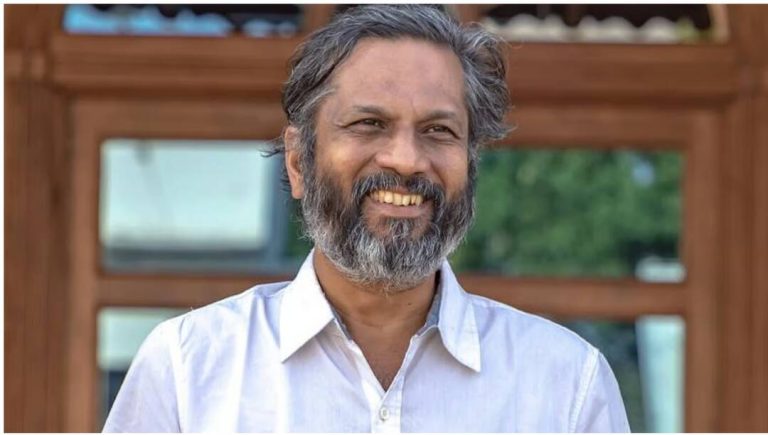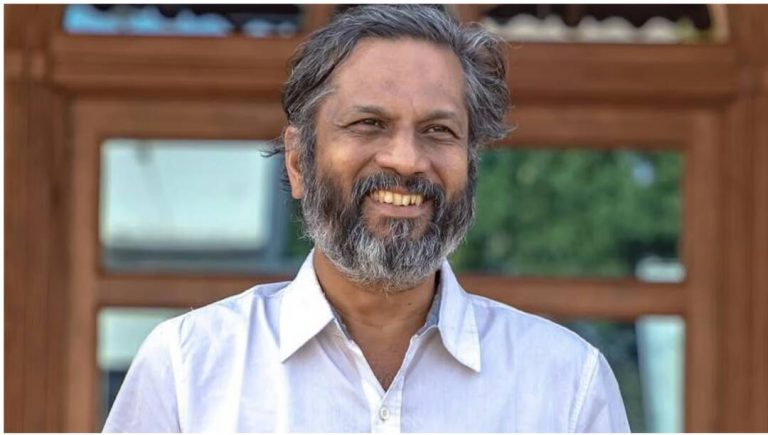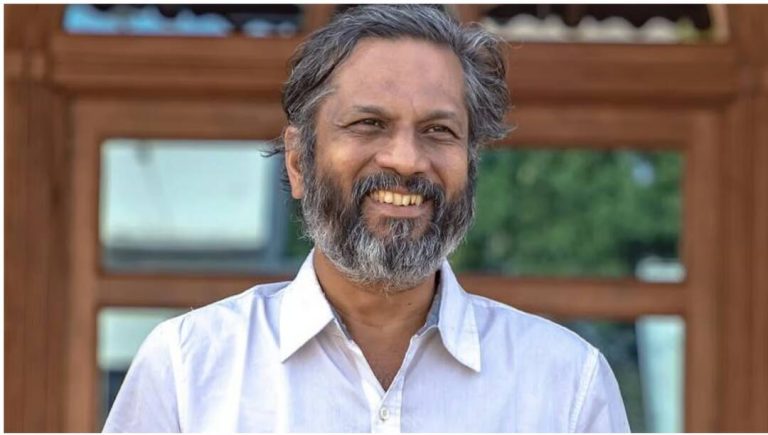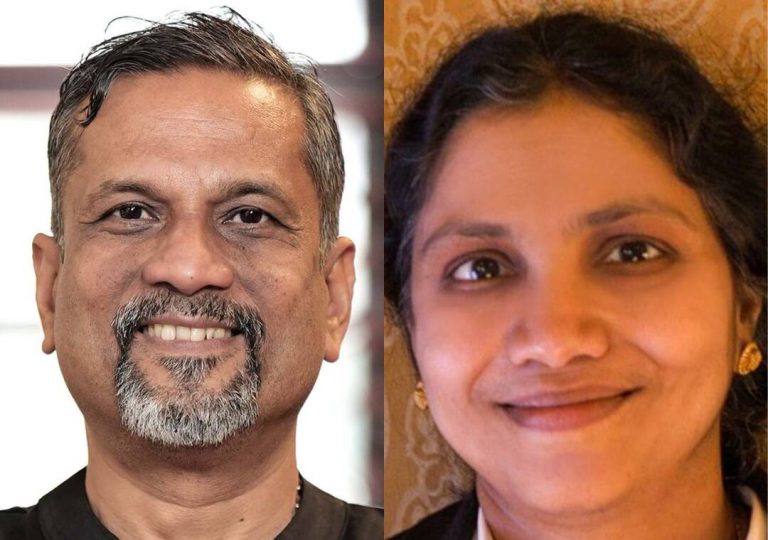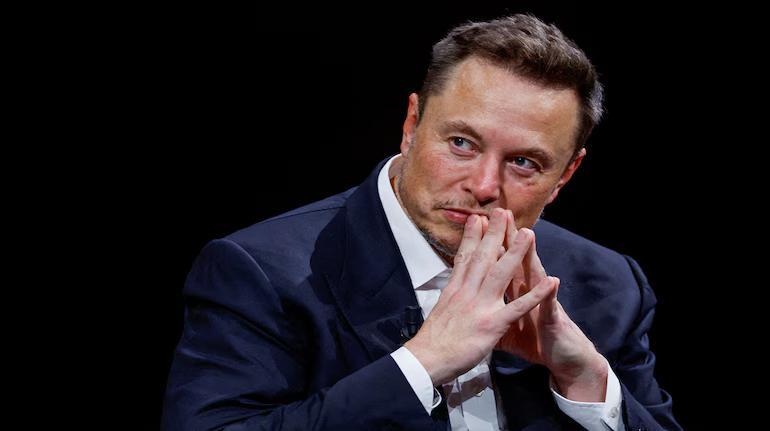
Poverty an engineering issue, AI & humanoid robots will end it: Musk
The world has been grappling with the issue of poverty for centuries, with economists, policymakers, and social scientists attempting to find solutions to this complex problem. However, according to billionaire and xAI CEO Elon Musk, the solution to poverty lies not in economics or social policy, but in engineering. Speaking at the US-Saudi Investment Forum, Musk opined that poverty is an engineering issue, and that artificial intelligence (AI) and humanoid robots will be the key to eliminating it.
Musk’s statement may seem radical, but it is rooted in his vision of a future where technology has advanced to the point where all basic needs are met, and money is no longer a relevant concept. According to Musk, as AI and robotics continue to advance, they will be able to provide for all of humanity’s needs, making poverty a thing of the past. “AI and robotics are the only way to make everyone wealthy,” Musk said, emphasizing the potential of these technologies to transform the world.
The idea that poverty is an engineering issue is not new, but it is a perspective that is gaining traction in recent years. The concept is based on the idea that poverty is not just a social or economic issue, but a technical one. By applying engineering principles and technologies, it is possible to design and develop solutions that can provide for basic needs such as food, water, shelter, and healthcare. For example, advances in agricultural technology have made it possible to increase crop yields and reduce hunger, while advances in water treatment technology have made it possible to provide clean drinking water to millions of people around the world.
Musk’s vision of a future where AI and humanoid robots have eliminated poverty is based on the idea that these technologies will be able to provide for all of humanity’s needs. According to Musk, AI and robotics will be able to automate many of the tasks that are currently performed by humans, freeing up people to pursue more creative and fulfilling endeavors. For example, humanoid robots could be used to build homes, harvest crops, and provide healthcare services, reducing the need for human labor and increasing productivity.
One of the key benefits of using AI and humanoid robots to eliminate poverty is that they can operate at a scale and speed that is not possible for humans. For example, a single humanoid robot could be used to build multiple homes in a day, reducing the need for manual labor and increasing the speed of construction. Similarly, AI-powered systems could be used to analyze large amounts of data and provide insights that can inform policy decisions, reducing the risk of poverty and improving outcomes for marginalized communities.
However, while Musk’s vision of a future where AI and humanoid robots have eliminated poverty is compelling, it is not without its challenges. One of the key concerns is the potential for job displacement, as AI and robotics automate many of the tasks that are currently performed by humans. This could lead to significant social and economic disruption, particularly in industries where workers are not equipped with the skills to adapt to new technologies.
Another challenge is the issue of access and equity. While AI and humanoid robots may be able to provide for basic needs, they may not be accessible to all, particularly in marginalized or disadvantaged communities. For example, the cost of deploying humanoid robots may be prohibitively expensive for many countries, particularly those in the developing world. Similarly, the benefits of AI-powered systems may not be equally distributed, with some communities benefiting more than others.
Despite these challenges, Musk remains optimistic about the potential of AI and humanoid robots to eliminate poverty. According to Musk, the key to making this vision a reality is to invest in the development of these technologies, and to ensure that they are accessible to all. “We need to make sure that everyone has access to these technologies, and that they are used to benefit all of humanity,” Musk said, emphasizing the need for a coordinated effort to address the challenges of poverty and inequality.
In conclusion, the idea that poverty is an engineering issue is a compelling one, and it is an idea that is gaining traction in recent years. According to Musk, AI and humanoid robots will be the key to eliminating poverty, and they will do so by providing for all of humanity’s needs. While there are challenges to be addressed, the potential benefits of these technologies are significant, and they have the potential to transform the world. As Musk said, “AI and robotics are the only way to make everyone wealthy,” and it is a vision that is worth striving for.
